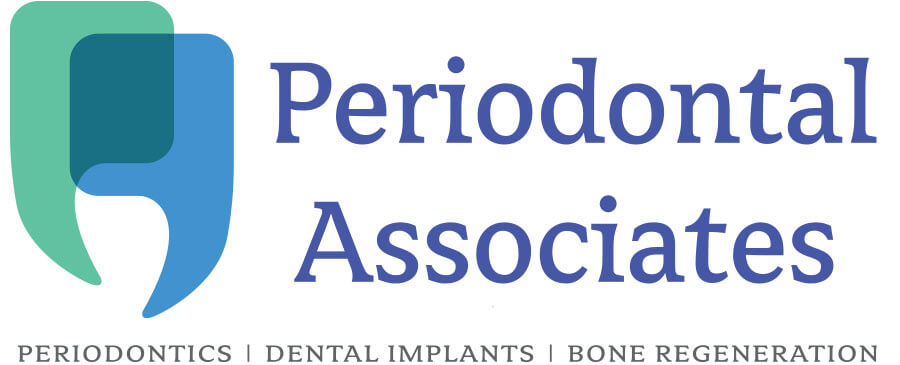
Chronic periodontitis affects many people throughout the world, but most people don’t even know they have it until it has reached an advanced stage. According to the CDC, close to 50 percent of people over the age of 30 have some form of periodontitis. While most people understand the importance of brushing their teeth, they might not be aware of the consequences that even mild gum disease can have on their health. Learn more about periodontal disease, and its effects below to see why it’s so important to visit your dentist regularly and make healthy dental habits an everyday part of your life.
What is Periodontal Disease?
Periodontal disease is a type of dental disease that affects the tissues around your teeth. These tissues are called the periodontium. They include the gum (gingiva), the cementum, and the alveolar bone. If not treated, this type of infection can lead to tooth loss and serious health problems such as heart disease and diabetes.
Causes of Periodontal Disease
Periodontal disease is caused by plaque. Plaque is a sticky substance that collects on teeth and gums, causing bacteria to thrive and release toxins that can cause inflammation. These toxins can penetrate the gum tissue, leading to bone loss and eventually tooth loss as well.
There are three stages of periodontal disease: gingivitis, moderate periodontitis, and advanced periodontitis. The most common stage is gingivitis, and it has no symptoms other than bad breath. Moderate periodontitis has more symptoms, including bleeding gums, redness around the teeth, swollen or tender gingival tissues, and loose teeth. Advanced periodontitis can cause toothaches / gum tenderness due to bone deterioration; you may also have difficulty chewing because your teeth become loose.
Symptoms of Periodontal Disease
A person with periodontal disease may experience a number of symptoms, including:
- Mouth soreness or tenderness
- Bad breath
- Red, swollen and bleeding gums
- Receding gum line or teeth (loose teeth)
- Pus between the teeth and gums
Treatment for Periodontal Disease
You can prevent periodontal disease by taking good care of your oral hygiene through brushing and flossing daily and regularly visiting your dentist. More advanced periodontal disease can be treated by your dentist/periodontist using deep cleaning methods, medication, or corrective surgery. Your dentist will work with you to find a treatment that suits you best.
Advanced Stages Of Periodontal Disease
Periodontal disease causes your gums to recede, making it difficult for teeth to stay in place. As the disease progresses, your teeth will eventually become loose and may even fall out. This can affect your self-esteem, and you might experience difficulty speaking or eating. Not only does periodontal disease affect your mouth, but it can lead to more serious problems like heart disease or stroke because inflammation from the gums can travel through the bloodstream.
Questions About Periodontal Disease?
Periodontal Associates is a full-service periodontal practice with two locations in Middlesex County, MA. If you have questions about periodontal disease or would like to book a consultation, request an appointment online today.
